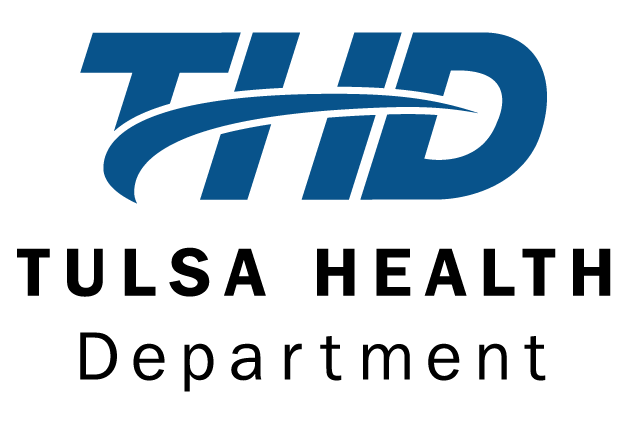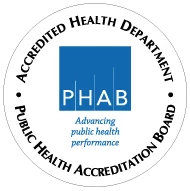Enteric disease is one of my favorite topics in the field of Epidemiology. It gives me a great sense of satisfaction when I speak to clients about their illnesses and provide them with important information on their illnesses. As an Epidemiologist, I investigate disease outbreaks and collaborate with my team to contain the illness in order to protect the public’s health. Five of the most commonly reported enteric illnesses are Salmonellosis, Shigellosis, Shiga toxin-producing E.coli (STEC), Campylobacteriosis, and Cryptosporidiosis. These specific bacterial illnesses are acquired through contaminated food and water, by contact with animals or their environments, by contact with the feces of an infected person, and through other means. My job consists of conducting surveillance, investigation, and research to identify causes, and sources, and acting on prevention measures for these bacterial infections. I accomplish my work of investigating the illness by interacting with the patients, identifying the causes of how and where they could have acquired the illness, and measuring the incidence. I also educate the affected individual on these enteric illnesses to focus on preventative measures to improve public health safety and decrease further spreading of the illness.
NOTICE: All Tulsa Health Department locations are closed Thursday & Friday, Nov 23-24th in observance of Thanksgiving. We will reopen on Monday, November 27th to serve you.
let closeNotificationButton = document.getElementById("btn-close-notification");
let notificationBar = document.getElementById("notification-bar");
closeNotificationButton.addEventListener("click", hideNotificationBar);
function hideNotificationBar() {
notificationBar.style.display = "none";
};







